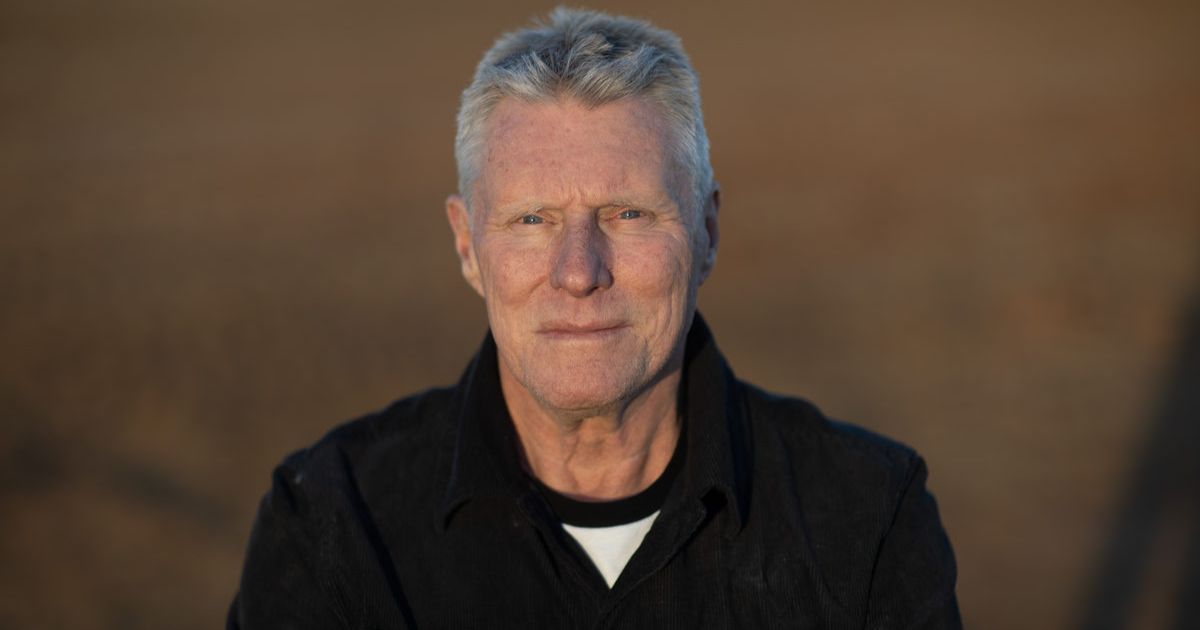Northern rivers nurse provides vital aid in Haiti

The key interest rate has been unchanged at 4.35 per cent since November 2023. (Bianca De Marchi/AAP PHOTOS)
CABARITA nurse Brian Moller has spent the past two decades on the front lines of some of the world’s most dangerous conflict zones, providing critical medical care where it’s needed most.
From Afghanistan to Syria, Moller has been there.
He was part of the crisis management team in the days following the terrorist attack on the Médecins Sans Frontières/ Doctors Without Borders (MSF) maternity hospital in Afghanistan and was in Kabul during the Taliban takeover.
He has faced countless other crises during his time with MSF.
Now stationed in Haiti, Moller continues his life-saving work amid the country’s ongoing turmoil.
“It’s pretty tense here, quite catastrophic,” Moller said from Port-au-Prince.

“Our hospitals are full, and we are dealing with open armed conflict between armed organised criminal groups, neighbourhood militias, and the Haitian national police.
“The health system is completely destroyed, and there’s only one semi-functioning public hospital left in the city.”
Moller’s work with MSF has taken him to Libya, Yemen, South Sudan, DRC, Uganda, Pakistan, Palestine, Chad, Nigeria, and Liberia.
He is a nurse by training but has been working as head of mission and deputy head of mission for MSF and has done 21 assignments with MSF to date.
It all started in Adelaide, where he was working as a critical care nurse with certifications in paediatrics, interventional angiography, and anaesthesia.
Moller moved to the Northern Rivers, and after 12 years, he found himself yearning for a different kind of engagement with patients, which led him to Médecins Sans Frontières.
“I realised I could be engaging with patients in a different way,” Moller said.

“It wasn’t that I was bored; I just wanted to contribute more directly to those in need.”
Moller’s first assignment was in Monrovia, Liberia, post-conflict.
“We were in an old school building, handling post-conflict surgery and medical inpatient care,” he said.
After returning to Adelaide Children’s Hospital, he soon felt restless and began seeking more assignments.
His next assignment took him to Nigeria, working in surgical intensive care and the emergency room.
This second assignment solidified his decision to leave public health in Australia and commit full-time to Médecins Sans Frontières, where he felt he could make the maximum impact.
Over the years, Moller has worked in Syria, Libya, and Tunisia, tackling various crises, including protection for illegal immigrants and conflict-related medical care.
His most recent assignment brought him to Haiti, where the situation is dire.

“It’s a catastrophic situation.
“About 600,000 people are sheltering in schools, churches, and empty buildings with no access to water, sanitation, or healthcare.”
Despite the immense challenges, Moller and his team continue their work, providing critical medical care in emergency rooms and a 75-bed surgical hospital.
“We treat trauma from violence, road traffic accidents, and industrial accidents.
“It’s very difficult to move around due to the fighting, and referral pathways have been destroyed.”
The work is not without personal risk and stress.
“For the national staff living in affected communities, even getting to and from work is a challenge.
“It’s stressful work under duress,” Moller said.
Awareness of the conflict in Haiti is minimal in Australia, a situation Moller hopes to change.

“It’s important to recognise that suffering happens in many parts of the world, not just in the high-visibility conflict zones like Gaza and Ukraine.”
Moller plans to return to the Northern Rivers in January after a brief stint in France with his wife.
After that, he is eager to return to the North Coast beaches and swim in the ocean.
As an active volunteer with the Surf Life Savers, he looks forward to trading the intensity of conflict zones for the peaceful yet essential duties on the beach.
“I’m really keen to get back on it,” Moller said. “There’s something deeply rewarding about keeping our beaches safe.”
To support MSF, head to: msf.org.au


















